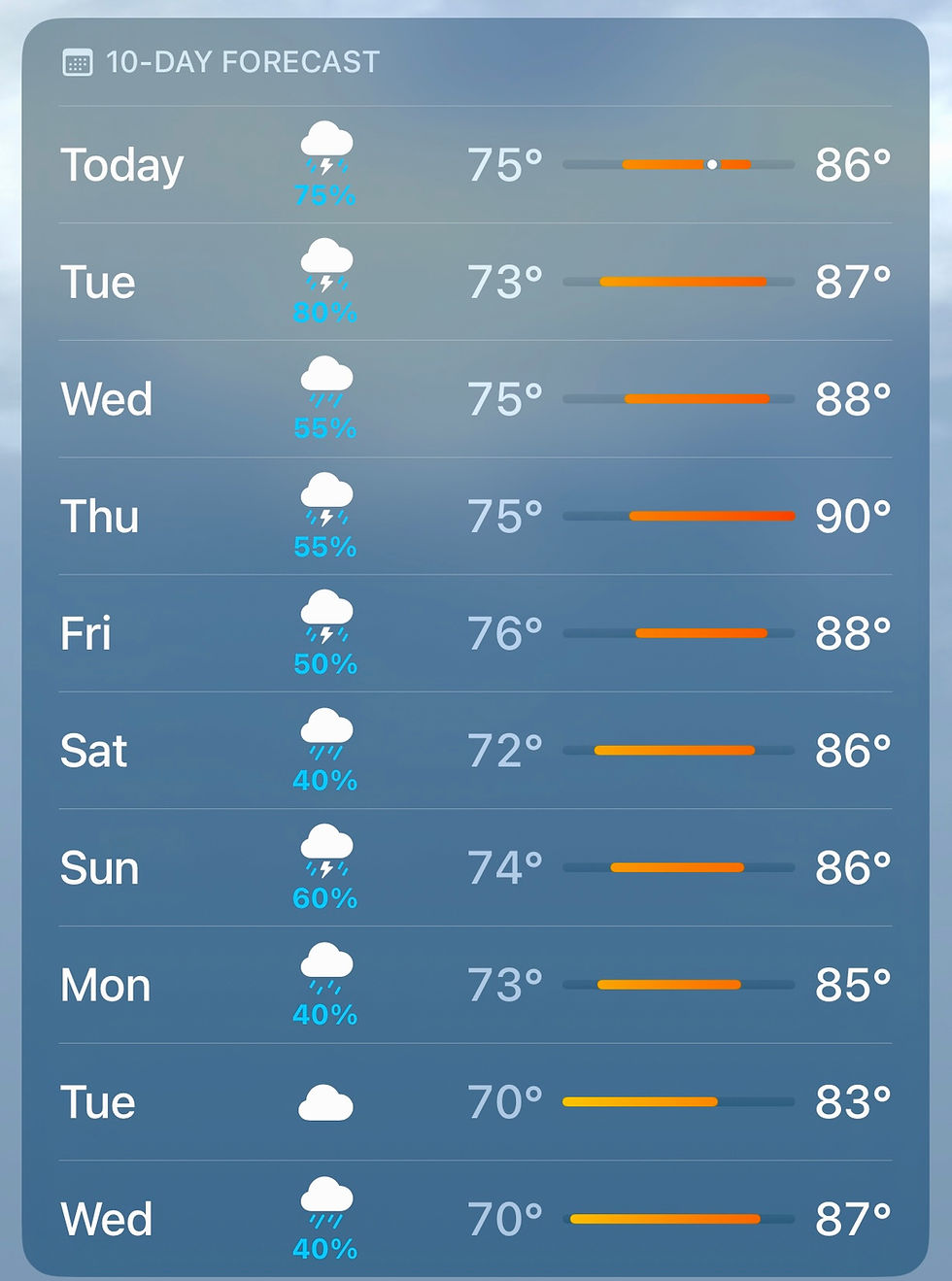Did WSJ Correctly Diagnose Dr Pepper's Success?
- Michael Hunter
- Jun 4, 2024
- 3 min read
Updated: Feb 11, 2025

While the Wall St. Journal's headline, Dr Pepper Ties Pepsi as America’s No. 2 Soda, is accurate, I think it buries at least one lede. Three things piqued my interest here, spanning management consulting, advertising, and punctuation.
Management Consulting is a profession in which we digest, interpret, and distill enormous amounts of data for an executive audience as a means of diagnosing business problems and fixing them. While the raw work is often done in Excel, Alteryx, or a database, finished work nearly always appears in PowerPoint slides with headlines that often aren’t that different from news headlines. Let’s examine the primary data used as the basis for the article and see what we can conclude:

The WSJ headline is validated by the burgundy and blue lines converging at ~8% market share in the latest reading.
Pepsi’s drop of nearly half from ~15% in the ‘90s is astonishing; more than 3x the magnitude of Dr Pepper’s growth from ~6%.
It’s effectively a 4-way tie for second place, given Diet Coke’s dip and what I see as the glaring omission from the article (point 4).
Sprite’s ascent has been nearly identical to Dr Pepper’s, and arguably more impressive because it started at closer to 5% market share in the ‘90s. The difference between Dr Pepper and Sprite could be millions of cases and thus not as trivial as the chart indicates, yet there’s no mention of the clear soda.
The U.S. soda market is fractured, as these top 5 brands represent only 50% of the market share mapped.
There's little revealed about what the overall soda market is doing. Knowing that Big Soda has been in decline, I asked ChatGPT, which I’m sure will kindly ask you to disregard the contradictory info in its first two bullet points re: market peaks.
In the mid-1990s, U.S. soda market was at its peak: annual sales volumes ~50 billion gallons.
By early 2000s, market showed signs of plateauing at ~54 billion gallons.
By early 2020s, market size had decreased to ~40 billion gallons annually.
2. Advertising. Setting aside that we’ve established above there’s a lot more to the story here than Dr Pepper’s share growth, we also don’t know why they’ve grown. WSJ credits the brand’s novel flavors and its advertising in at least three ways:
The amount they spend is “hefty,” implying they’re outspending the competition.
The types of ads (e.g., TikTok videos).
The Fansville campaign.
We don’t know how much each of these elements is contributing to the share gains, but undoubtedly the brand applies media mix modeling to glean what it can. Having worked for consumer product (and B2B) manufacturers, I know that advertising works, even if I don’t always know the specific drivers.
Personally, I like the zany, face-painted characters in Fansville. The picture of Natalie above is apropos in that it appears to show #2 painted on her face (consistent with the article’s headline), but it’s actually #23, a nod to the number of flavors that comprise Dr Pepper’s taste.
3. Punctuation. As any of the teammates with whom I’ve co-authored slides or articles will attest, I’m a bit fanatical with the written word. My content marketing clients benefit from high standards, though admittedly any positive attribute can be taken a little far (e.g., “Woot! Version 7b is our best yet!”). When my college roommate and I were prepping to write the GMAT, we were getting similar overall scores in the prep exams but gaining (and losing) marks in different sections among the six. I typically aced Sentence Correction and he Data Sufficiency.
It was therefore with characteristic confidence when I read the WSJ headline above and thought “A-ha! I spotted a typo.” It’s only now I realize that Dr Pepper has no period. Digging a little deeper, I learned from the Oxford Dictionary that honorifics like Dr (or Mr or Mrs) aren’t followed by periods in Britain like they are in America. It’s odd that an all-American brand like Dr Pepper – invented by a pharmacist in Waco, Texas in 1885 – goes without the period. If you don’t find this interesting, I’ll be neither surprised nor offended. I've heard similar sentiment from my teammates.
Original version published here and posted on LinkedIn on June 4, 2024

.png)



Comments